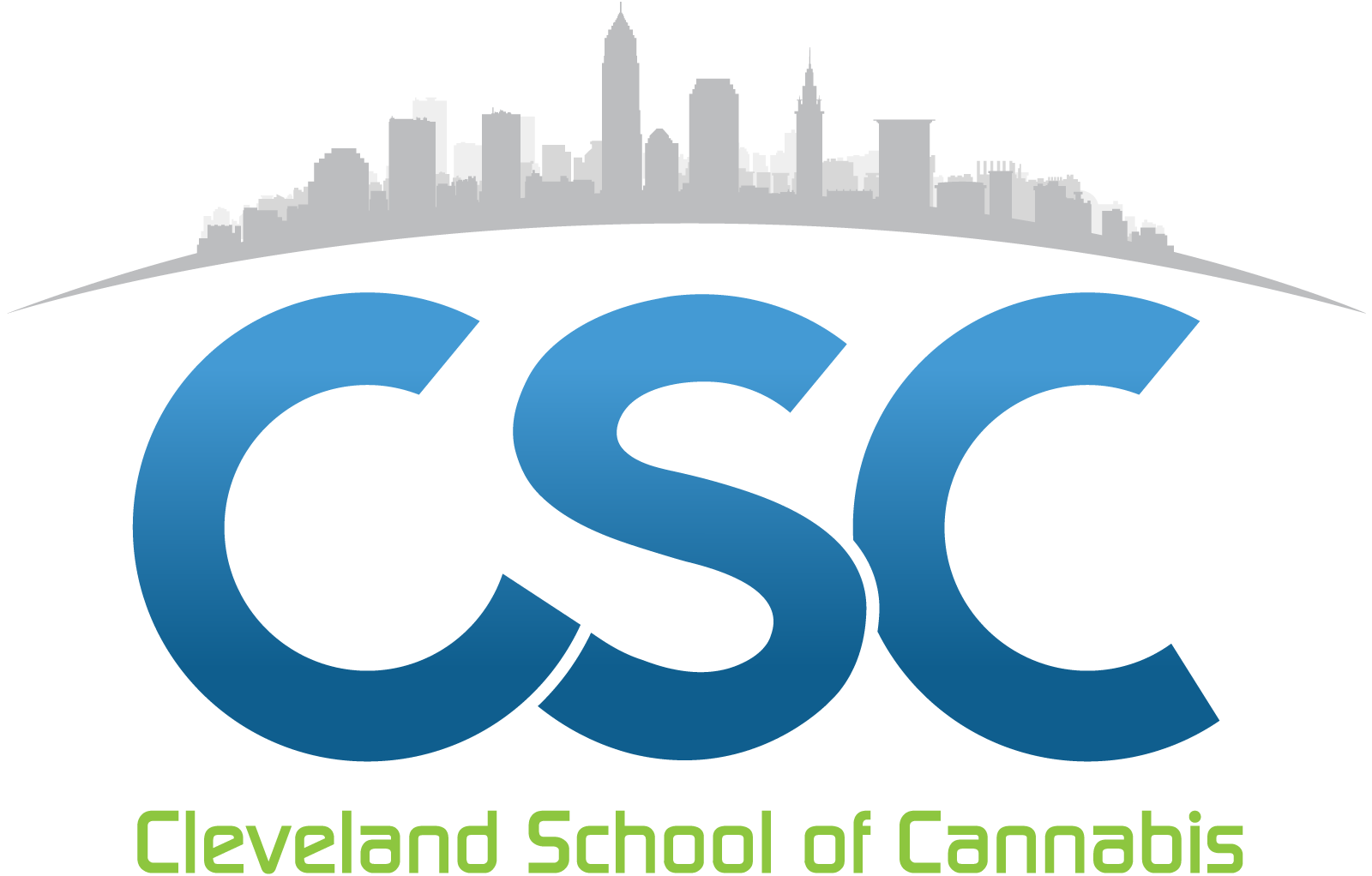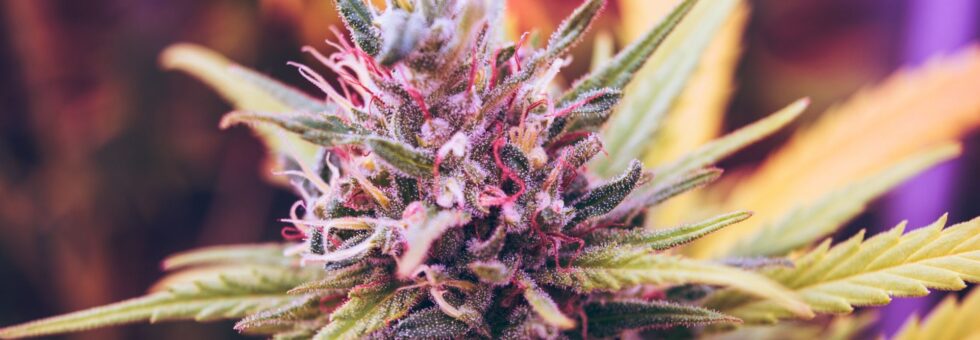The ultimate fight: CBD vs THC. Did you know they aren’t the same thing?
Marijuana has a lot of nicknames, ranging from ganja to weed, pot, grass, and even dope. However, not many people know that when you’re speaking about cannabis, you might be talking about two very different things. Mainly, CBD and THC.
Both are natural compounds found in cannabis plants. They are very, VERY similar. But they also have completely different purposes, effects, and even legality. Let’s dive into their main differences.
What are cannabinoids?
Both CBD and THC are cannabinoids. CBD stands for cannabidiol while THC stands for tetrahydrocannabinol. They are both chemicals found in the cannabis plant. These phytocannabinoids (meaning, cannabinoids that come from plants) can activate the cannabinoid receptors found in the human body, resulting in different types of effects.
“CBD and THC are both cannabinoids that are part of the cannabis plant family and have very similar chemical compositions on paper. Although they are both part of the same plant family, they do have some very different attributes.”
Romas Marcinkevicius, Founder & President at GoGreen Hemp
Difference between CBD and THC
With the most recent legal changes regarding the cannabis plant and extracts, consumers are ever more knowledgeable about what it is they’re putting into their bodies. So, what’s the main difference between CBD and THC?
“THC is the main cannabinoid found in marijuana plants, it is a psychoactive cannabinoid, meaning that it gets you high. CBD is found predominantly in industrial hemp plants, which are considerably lower in THC content. The main big difference is that CBD is a non-intoxicating cannabinoid, meaning it will not get you high.”
Lucas Pisaroni, Plant&Hemp
In a nutshell:
- THC has psychoactive effects and will get you “high”
- CBD doesn’t have psychoactive effects and will NOT get you “high”
- THC is derived from marijuana, CBD is derived from hemp
- Both have relaxing effects and medical benefits
Let’s go in-depth and review their differences in chemistry, legality, overall effects, and even benefits.
Visual differences
“With the naked eye, it is nearly impossible to tell THC and CBD apart, especially since they smell very similar. However, if put side by side you can see that CBD derived from hemp leaves look skinny, meanwhile marijuana Is often broader in appearance. Also marijuana plants are often shorter and bushier, meanwhile hemp plants are tall and skinny.”
Romas Marcinkevicius, Founder & President at GoGreen Hemp
So you see. Two plants, very different effects on the human body, very similar in appearance.
Chemistry
“CBD & THC have precisely the same molecular structure. 21 carbon atoms, 30 hydrogen atoms and 2 oxygen atoms. There is a slight difference of the arrangement of the atoms and this accounts for the differing effects they have on the human body.”
Lewis Olden, Co-Founder of Cannacares
Both cannabinoids are similar to your own body’s endocannabinoids, which allows them to interact with your very own cannabinoid receptors.
“The endocannabinoid system (ECS) plays a role in regulating things such as sleep, mood, appetite, and memory and people often use either THC or CBD for chronic pain, inflammation, stress, and other issues.”
Mike Walker, Co-Founder at Hippi Tea
So chemically speaking, each compound binds itself differently to your nervous system. THC binds with the CB1 and CB2 receptors in your ECS (endocannabinoid system). This “binding” is what makes you undergo the psychoactive effects of THC and get high. On the other hand, CBD does not with these receptors in the same way that THC does, meaning that it can’t get you high or intoxicated.
Psychoactive effects
CBD is a non-psychoactive compound. THC is a psychoactive compound. This means that THC gets you high. CBD does not.
As we explained before, this psychoactive effect is produced by the binding to your body’s cannabinoid receptors.
Legal aspects
“While THC containing marijuana has become legal in more places as of late, both for medicinal and in some cases, recreational use, it is still illegal in most places. CBD, on the other hand, is rarely included within laws that ban other cannabis products, making it legal in far more places.”
Lucas Pisaroni, Plant&Hemp
Cannabis laws are changing more and more often. That’s why legal consultation is one of the biggest jobs in the cannabis industry today. Certain states allow for both, while federally only CBD with less than 0.3% THC or less is legal. Check out your state’s local laws before purchaing any type of product containing either compound.
Medical benefits
“THC and CBD have many benefits that can range from uplifting mood, relief from discomfort and pain and help with sleep and anxiety. When used together, THC and CBD are complementary in their effects and can magnify the benefits. When used alone, THC can help with mood, stress and sleep as well as providing boosts to creativity. CBD is most helpful as a general relieving effect; from discomfort or pain, as well as for mood and stress but without any psychoactive effects.”
Ahnya Smith, Head Budler and CoFounder of Budler Inc.
Both CBD and THC share many of the same medical benefits and can even provide relief for the same conditions. Their main difference is in how they provide that relief. THC causes the already mentioned euphoric effects associated with that “high”, while CBD doesn’t.
CBD can be used to help with:
- Inflammation
- Pain
- Migraines
- Anxiety
- Depression
- Seizures
- Nausea
- Psychosis or mental disorders
THC can be used to help with:
- Pain
- Muscle spasms
- Glaucoma
- Insomnia
- Nausea
- Anxiety
- Low appetite
Both have the same relaxing effects, making them suitable for many similar conditions. However, the overall high effect of THC is the reason why medical marijuana can be prescribed to patients suffering from certain types of cancer. It’s also the reason why CBD is a preferred treatment to patients with mental disorders since the psychoactive effect will not be present.
Side effects
Neither CBD or THC are fatal. You can’t overdose on weed (and that’s actually one of the 8 marijuana myths that need to be debunked, ASAP).
CBD has no temporary or lasting side effects. THC does.
Due to its psychoactive nature, THC can cause temporary side effects like:
- Slow reaction times
- Coordination issues
- Dry mouth
- Red eyes
- Increased heart rate
- Memory loss
Which is better?
“If you ask us, the answer is CBD, simply because CBD products are legal, and, at this point, THC products are not. Regardless of the CBD vs THC question that you ask us, the answer will always be CBD for that reason.”
Lucas Pisaroni, Plant&Hemp
Regardless, both compounds should be consumed under each person’s risk and under medical surveillance. Be sure to check with your doctor if any of these compounds could be beneficial for you.
Conclusion
“There’s still a whole lot to learn about cannabinoids and all the other components in the cannabis plant, as well as what they do and what happens when they all interact with one another, but we’re definitely on the right track!”
Arkady Kats, editor-in-chief and founder of Cannabis Sensei
Although both are similar and both come from the same family plant, the main difference between CBD and THC lies in their effects on the human body.If you want to learn more about each compound, how to tell them apart, and their overall benefits, you can take one of our courses! Our Medical Cannabis Comprehensive course, which focuses on a wide range of cannabis subjects and will benefit anyone who wants to participate in this budding industry. Our Certificate Programs are focused on career-building and employment inside the cannabis industry, including horticulture, dispensary, and medical applications of cannabis. We want to equip future cannabis industry leaders with all the necessary tools to succeed in the fast-paced and ever-changing environment that is marijuana.

